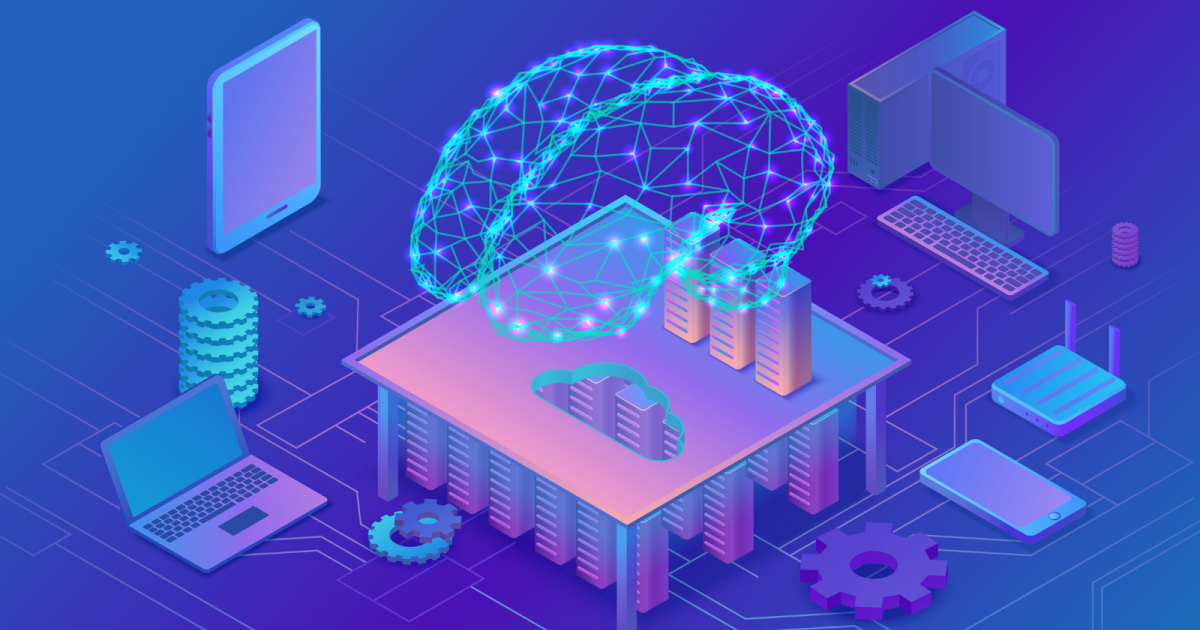Artificial Intelligence
In the past 50 years, machines have significantly improved in intelligence. The concept of artificial intelligence (AI), which was once revolutionary among computer scientists in the 1950s, has more real-world uses today than most people are aware of. In today's world, industries like marketing, finance, data analysis, healthcare, and many others rely heavily on AI-powered technologies.
1. What is artificial intelligence?
2. How has artificial intelligence been developed?
3. What are the potential benefits of artificial intelligence?
4. What are the potential risks of artificial intelligence?
5. What is the ethical debate around artificial intelligence?
1. What is artificial intelligence?
The simulation of human intelligence functions by machines, particularly computer systems, is known as artificial intelligence. Expert systems, natural language processing, speech recognition, and machine vision are some examples of specific AI applications.
2. How has artificial intelligence been developed?
Here is a concise course of events of the beyond sixty years of how computer based intelligence developed from its origin.1956 - John McCarthy begat the term 'man-made brainpower' and had the main simulated intelligence meeting.
1969 - Shakey was the main universally useful portable robot assembled. Getting things done with a reason vs is presently capable. simply a rundown of directions.1997 - Supercomputer 'Dark Blue' was planned, and it crushed the title holder chess player in a match. It was a huge achievement by IBM to make this enormous PC.2002 - The primary economically effective automated vacuum cleaner was made.2005 - 2019 - Today, we have discourse acknowledgment, mechanical interaction mechanization (RPA), a moving robot, brilliant homes, and different developments make their introduction.
2020 - Baidu discharges the LinearFold computer based intelligence calculation to clinical and logical and clinical groups fostering an immunization during the beginning phases of the SARS-CoV-2 (Coronavirus) pandemic. The calculation can anticipate the RNA succession of the infection in just 27 seconds, which is multiple times quicker than different strategies.
3. What are the potential benefits of artificial intelligence?
AI programmes can anticipate the search terms you'll enter. They deliver tailored ads based on your browsing and purchase history. They offer suggestions for fresh albums and playlists made up of your favourite songs. In fact, cutting-edge AI systems can assist doctors in diagnosing and treating patient illnesses more quickly.
Numerous industries have benefited from AI-related innovations. More than ever, convenient technologies are widely accessible, processes are more effective, and forecasts are more precise. In the first article of our series on the advantages and disadvantages of artificial intelligence, we'll look at some of the advantages that these systems offer and how they improve our quality of life.
1. Increased Efficiency 2. Improved Workflows
3. Lower Human Error Rates 4. Deeper Data Analysis
5. More Informed Decision Making 6. 24 / 7 Availability
4. What are the potential risks of artificial intelligence
Although AI technology greatly simplifies our lives, there are some negative aspects as well. Experts and industry leaders have urged developers to be aware of the risks associated with technology as AI development picks up speed. Tech titans Bill Gates and Elon Musk, as well as scientists like the late Stephen Hawking, have all publicly expressed their growing scepticism of AI.
But why?
Without the proper precautions, AI may result in racial or gender bias, inequality, the loss of human jobs, and in the worst cases, even physical harm. We'll look at some of the most frequently voiced worries about artificial intelligence and the dangers it poses in the second article of our two-part series.
1. Job Automation 2. Fairness and Bias Concerns
3. Accidents and Physical Safety Considerations 4. Malicious Use of AI
5. What is the ethical debate around artificial intelligence?
The lawful and moral issues that go up against society because of Computerized reasoning (simulated intelligence) incorporate protection and observation, predisposition or segregation, and possibly the philosophical test is the job of human judgment. Worries about more current computerized innovations turning into another wellspring of mistake and information breaks have emerged because of its utilization. Botches in the method or convention in the field of medical services can have decimating ramifications for the patient who is the survivor of the mistake. Since patients come into contact with doctors at minutes in their lives when they are generally daefenseless, recollecting this is critical. Right now, there are no distinct guidelines set up to resolve the lawful and moral issues that might emerge because of the utilization of man-made consciousness in medical services settings. This survey endeavors to resolve these appropriate issues featuring the requirement for algorithmic straightforwardness, security, and assurance of the relative multitude of recipients included and online protection of related weaknesses.
i hope you like this article if you do please let us know in comment below
Read also;



